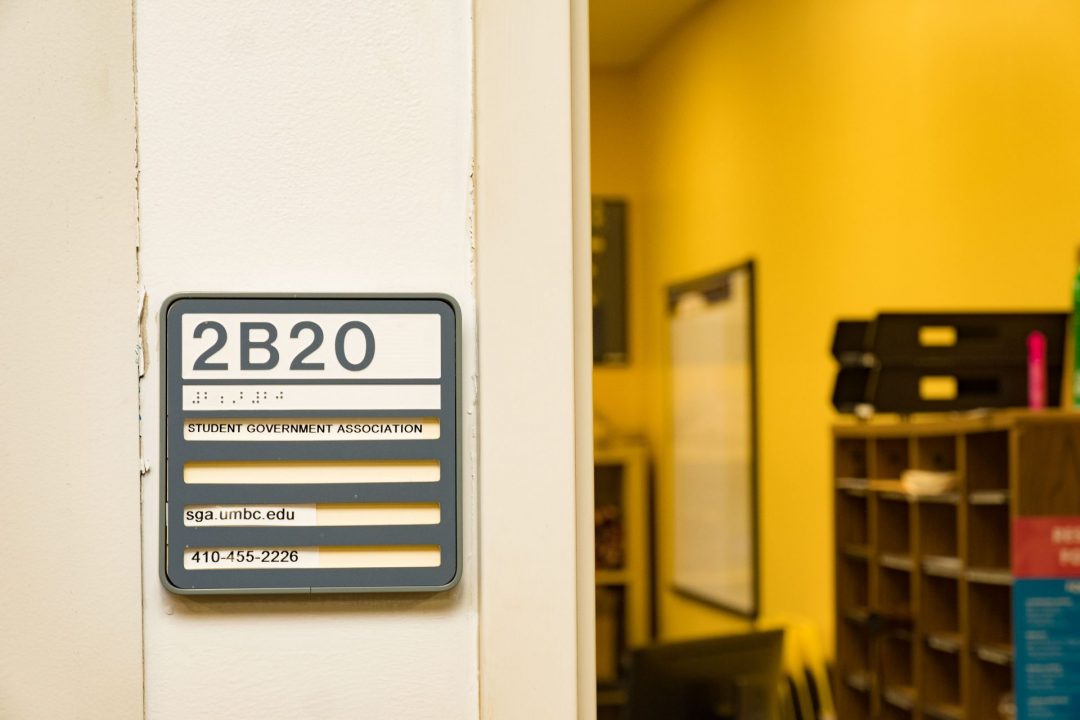The Finance Board recently began the process of allocating $330,000 to student organizations. The Student Government Association has implemented several changes in how it will allocate funds in hopes of optimizing the process.
The first of these changes was a switch from Google to SurveyMonkey, Scott Buchan, the SGA Treasurer, explained. “[Google] has no way to consolidate information, whereas SurveyMonkey is able to consolidate data, making it faster to process information, and hopefully we’ll make fewer mistakes,” Buchan said.
“SurveyMonkey worked pretty well — it has improved the process,” he explained. “Since it’s so new, we’re still anticipating any shortcomings, but all the information has worked for [SGA].” SurveyMonkey allows its users to collect different pieces of data, converting them to easy to access Excel spreadsheets, which Finance Board uses during their special Friday budget sessions in the SGA office in Commons. According to Buchan, this is much more efficient than their previous process of manually inserting information from Google Forms into a spreadsheet.
“The most difficult part of SGA is disseminating information to student organizations,” Buchan said. For two weeks prior to the deadline, Buchan and other Finance Board officers held budget trainings in the SGA office, where student organization representatives could learn how to properly file and ask for funds. “We advertised [the budget trainings] on myUMBC, The Retriever and our social media accounts,” Buchan says. “The first week, no one showed up, but the numbers increased as the deadline approached.” Along with the budget trainings, Finance Board has been holding Treasurer trainings since the first Friday of the semester.
“We’re trying to make it more transparent. Hopefully all organizations will have a voice in how precedents are decided,” Buchan said. “The budget allocation is a zero-sum game, when someone gets funds, someone else doesn’t get funds.”
Buchan further explained that many student organizations submitted their budgets after certain deadlines, such as Event Conference Services (ECS) fees — mandatory fees that organizations have to pay in order to secure on-campus venues for hosting events, as well as equipment like projectors, lights, chairs and tables — had already passed. “I’m not sure what we can do to [further] incentivize student organizations to submit their budgets early,” Buchan said. “I think it’s difficult for them to plan so far ahead.”
Buchan acknowledged that a few student organizations had submitted their budgets in late, and SGA is still working with those clubs that did not make the deadline: “I haven’t received many complaints,” he said. “I’ve responded to many questions one minute after the deadline, however.”
The Retriever reached out to representatives of several organizations that did not meet the deadline, of which several expressed their fear that Finance Board would retaliate if they spoke to The Retriever. Liam Kim, finance board chair, reassured those clubs, via an interview with The Retriever, that Finance Board guarantees no retaliation, and further specified that SGA will be holding a general meeting, open to the public, where clubs can voice their concerns on Dec. 4.


